When my grandmother was losing her memory, she still remembered the poetry she had memorized as a girl. She had no idea who I was ("this is my great friend...(pause) tell me again how we met?"), but out for a walk together she would stop and gaze with joy at a tree. From the depths of her memory she would recite:
I think that I shall never see, a poem lovely as a tree...
She was from an era that taught poetry recitation in school. Maybe she picked it up on her own or learned it from her parents, but the point is she had a suite of poetry at her command. Poetry to fit every mood - happy or melancholy.
In this era of INFORMATION, we hardly memorize anything. Need an answer? Pick up the smartphone. Need a poem? Google it. Memorization seems as quaint as a horse and buggy.
Yet I think there's a place for it. One reason to memorize is to meet our human emotions. Words inside, at the ready, for any human occasion - grief, loneliness, silliness, joy. Like lyrics from a song, poetry can meet many moods and burst out of us when we need it. What else should we memorize? Here are some ideas.
Home and family Young kids should memorize their address and phone number, plus their parents' actual names. That's for simple safety. But I also think it's worthwhile for kids to memorize some family heritage. What are their grandparents' names? Where did they come from? What are some important family stories? Family oral history is a strong force which grounds children in their heritage and identity. Kids in some cultures can recite their family history several generations back.
Songs and poems Songs are easy to memorize, but we need to make sure that we don't just stick with "happy" songs. Sing sad songs to kids, sing songs about longings, missing people, feeling lonely, being angry -- the range of human emotion. We're all bound to experience these feelings throughout life. Songs that match our many moods are good life companions. Read poems to kids they might not quite understand, ones that set a mood. Verses we memorize young stay with us.
Language As English speakers, we're cursed with a peculiar language where spelling and pronunciation do not match. Conventional spelling therefore must be memorized -- but not too soon. It's more important to write and read and find joy in literacy. As an author, I'm a big proponent of letting kids write stories and spell any ole which way when they're writing. Memorize spelling on the side and eventually writing and spelling will mesh.
Basic brain tools Knowing the multiplication tables by heart saves time. Sure, we can look it up, but it slows other thinking if we don't know 6x6 instantaneously. The same is true of memorizing key signatures for music students, or other commonly used data.
Of course, we can set out to memorize at any age, but the words, songs and ideas that we memorize when we're young tend to last a lifetime. What should we fill our heads with? What should we fill our children's heads with? What is important enough to require memorization?
What sort of things do you have memorized? Is there a need any more? Do you see value in having kids memorize stories, songs or poems?


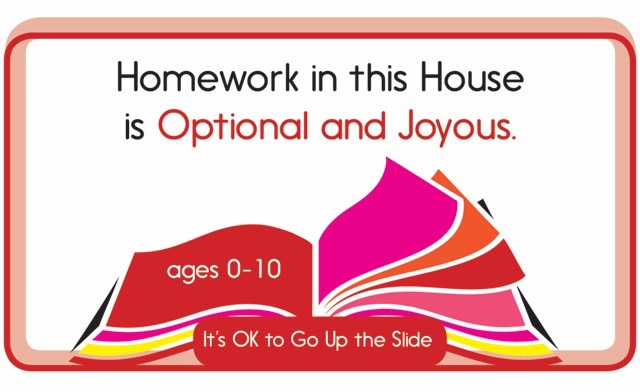
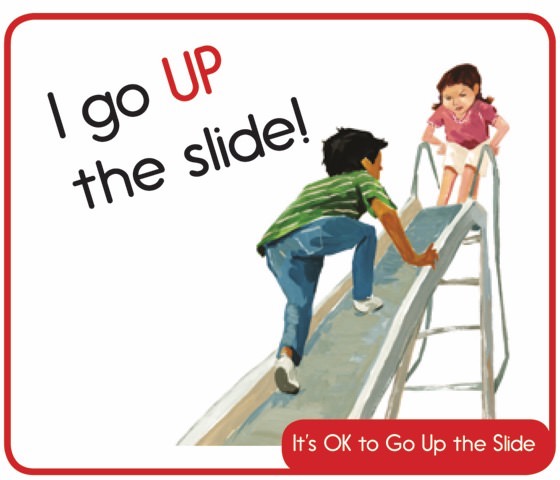
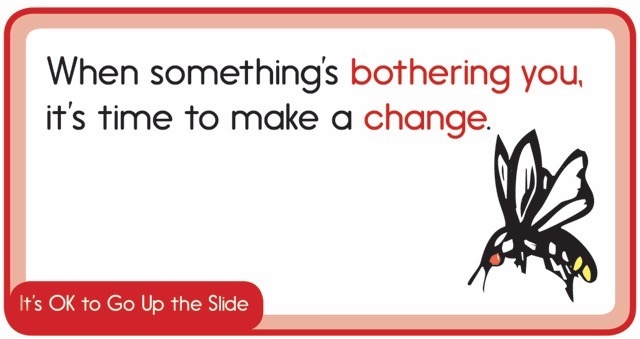
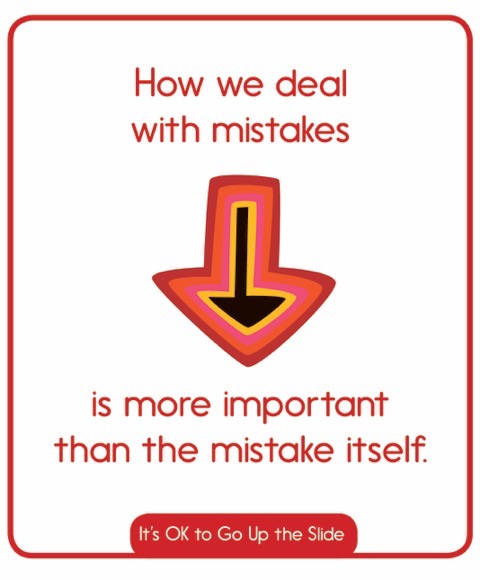
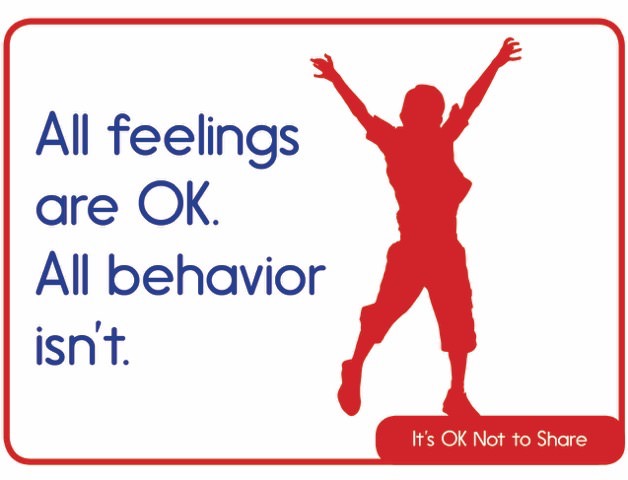
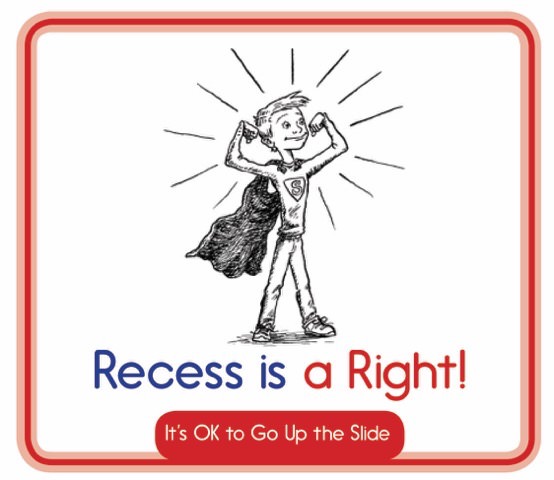
Great Post. The photo is beautiful. I still know my child hood phone number by heart, random parts of the "Midnight ride of Paul Revere, the lyrics to "Show Me the Way to go Home," and various other things. I often feel smart phones have made us dumb. Growing up, I probably knew everyone of my friends phone numbers by heart!
I just heard on NPR today that it's a problem when we look up information on our smart phones and find information too fast. We don't have time to wonder. The radio expert was suggesting that we wait 20 minutes before looking up an answer, pause, and exercise the human brain capacity to WONDER for a while. This is not a problem for me since I don't have a smart phone...
Love it that you have snippets of "Paul Revere" and "Show me the Way..." in your head!
Heather - The poems I can recite from memory are the ones that my teacher, Mrs. Kline, had her students memorize in the fifth grade. To no surprise, in my heart she stands head-and-shoulders above the rest of all the other teachers I've ever had — and that's saying a lot. When I was in my 20's, I made a point of locating her and telling her what being her student meant to me. Needless to way, we both cried (happy tears).
I agree with the list of items you suggest our children learn, by heart. Sadly, I've encountered many adult clients who don't have a handle on half of it.
Laurie, What a wonderful gift you were given in 5th grade! I'm so glad you told Mrs. Kline. A life gift indeed.
Teachers out there - can you introduce poetry memorization into your classes? It carries forward.
I would never have started writing poems if I hadn't listened to my father recite them all through my childhood. Nothing is more magical than hearing memorized poems. I am a lousy memorizer. My great loss. I have several lines of hundreds of poems, but I can't seem to hold a whole one for very long.
The world is so glad you started writing poems! Thanks to your father. I agree there is something magical about hearing something memorized. I take my kids to the Beach Bards each summer where anyone can tell a story or recite a poem - as long as it's from memory. Something glorious about that.
Ah, memorization. I lament that it is one of the casualties of the Internet Age, and perhaps one of the negative "unintended consequences" of going electronic.
I will always memorize important phone numbers because to me nothing would be worse than needing to call a family member or friend in an emergency and not having one's cellphone available to speed dial the number.
Yes, numbers. I agree it's important to store vital information in our heads. I never was much good at remembering numbers -- words I can remember! I still have trouble remembering my own phone number sometimes (!) but I do have several phone numbers memorized.
I wonder what our culture's current lack of memorization is doing to our brains?